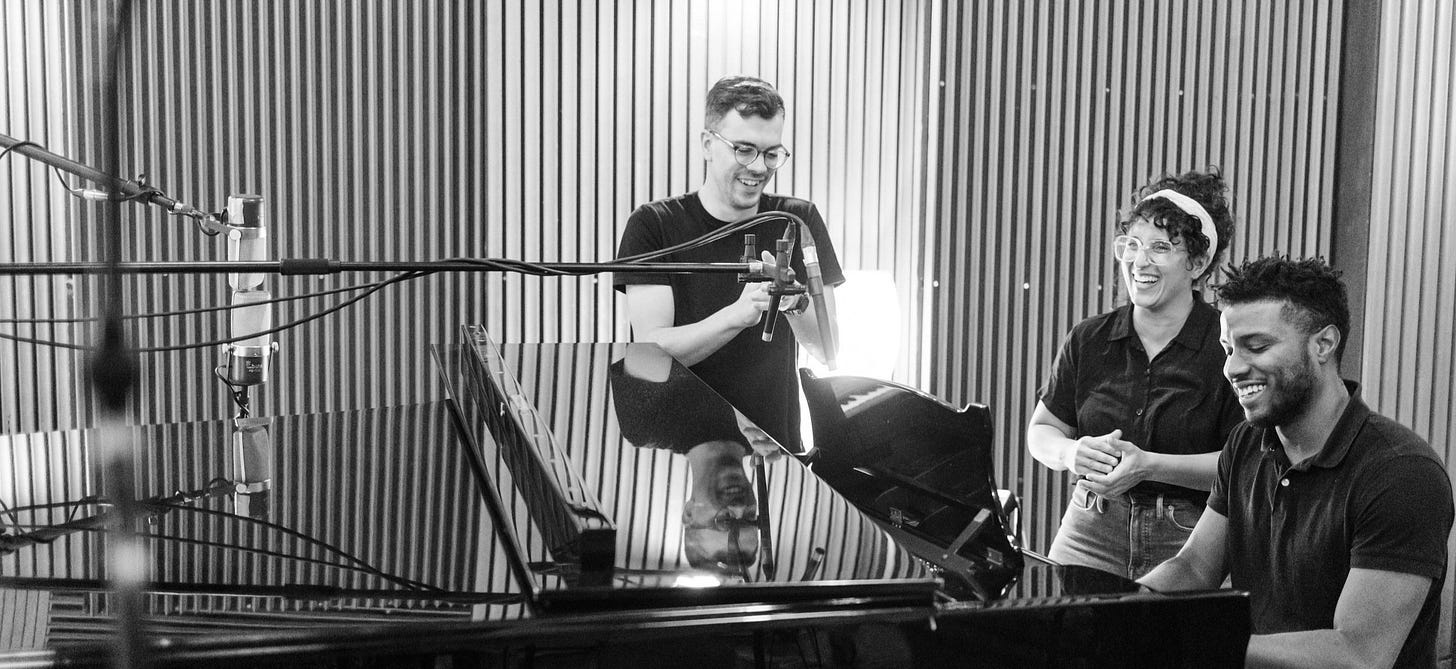Here are 8 great worship artists beyond Hillsong, Bethel, and Elevation
Musical gifts abound in the body of Christ, and they’re not relegated to the loudest or flashiest body parts.
In my last Substack, I argued that it was time for churches to stop singing Hillsong worship music. Given all we now know about the global enterprise — including the alleged coverup of sexual abuse, plus leaders’ financial impropriety and mistreatment of staff — I argue it now lacks integrity, and hampers Christian witness, for churches to financially support the Hillsong brand.
But there are other reasons to branch out beyond Hillsong in church.
This spring, six researchers at the Worship Music Institute released a study showing the monopoly that just four megachurches have on the worship industry. The study, backed by a grant from the Calvin Institute for Christian Worship (insert fist pump for my alma mater), found that of 38 songs that made the Top 25 lists for CCLI and PraiseCharts, nearly 100 percent (36) came from just four churches Hillsong; Bethel Church; Passion City Church in Atlanta; and Elevation Church in North Carolina.
Christian…
Keep reading with a 7-day free trial
Subscribe to The Beaty Beat to keep reading this post and get 7 days of free access to the full post archives.




